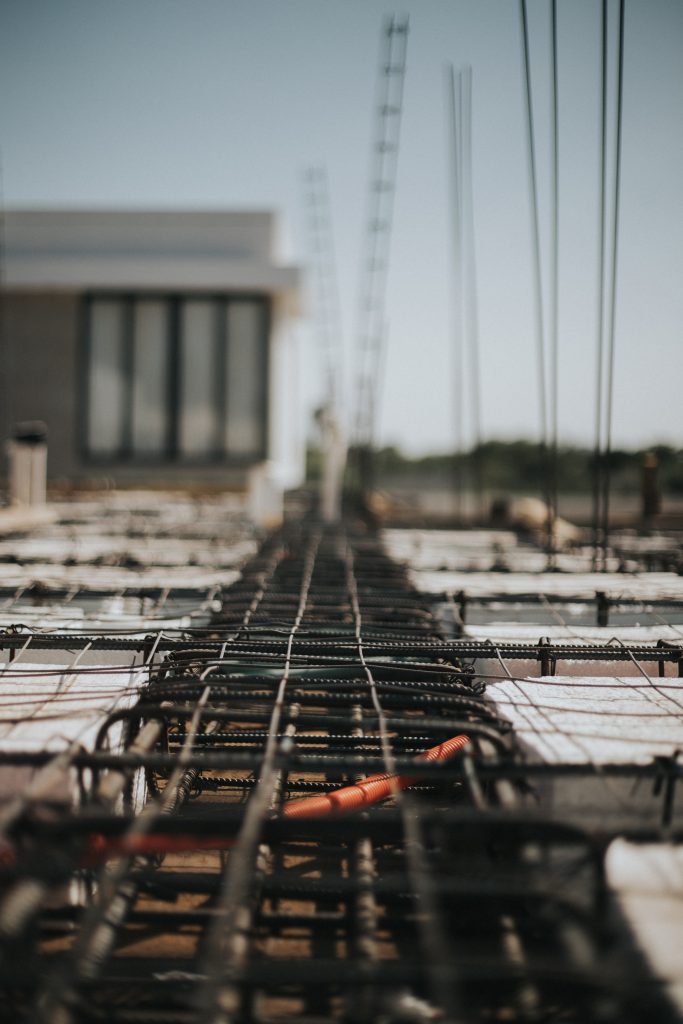Which Steel Grade Is Best? | 2023
Which Steel Grade Is Best? In the world of construction, manufacturing, and engineering, steel is the backbone of countless structures and products. However, not all steel is created equal. The choice of steel grade can significantly impact the performance, durability, and cost-effectiveness of a project. In this article, we will explore the various steel grades available and help you determine which one is the best fit for your specific needs.
Introduction
Which Steel Grade Is Best?
Steel is one of the most versatile and widely used materials in the world. Its strength, durability, and versatility make it a top choice in a multitude of industries. However, with various steel grades available, it’s crucial to understand which one is the best fit for your specific application.
Understanding Steel Grades
What Are Steel Grades?
Steel grades are standardized designations that categorize different types of steel based on their chemical composition and mechanical properties. These designations help users select the right steel for their intended purpose.
Why Do Steel Grades Matter?
The choice of steel grade affects crucial factors such as strength, ductility, corrosion resistance, and weldability. Using the wrong grade of steel can lead to structural failures or increased maintenance costs.
Common Steel Grades
There are numerous steel grades available, but let’s focus on three common ones:
Carbon Steel (Grade 1018)
Carbon steel is known for its strength and affordability. Grade 1018, in particular, is a versatile option widely used in construction and manufacturing due to its excellent weldability.
Stainless Steel (Grade 304)
Stainless steel is prized for its corrosion resistance and hygiene properties. Grade 304 is a popular choice for kitchen appliances, food processing equipment, and architectural applications.
Tool Steel (Grade A2)
Tool steel, like Grade A2, is designed for cutting, shaping, and forming other materials. It’s commonly used for making cutting tools and dies.

Factors to Consider
Strength and Durability
The required strength and durability of the steel should align with the demands of your project. Heavy-duty applications may necessitate high-strength steel, while less demanding tasks can use more economical options.
Corrosion Resistance
Consider the environment in which the steel will be used. Stainless steel, for instance, excels in corrosive environments, making it ideal for marine applications.
Cost
Budget constraints are always a factor. Balancing performance requirements with cost is essential when selecting a steel grade.
Choosing the Right Steel Grade
To determine the best steel grade for your project, consult with experts in the field or conduct thorough research. Consider your specific needs and priorities, such as strength, corrosion resistance, and budget.
Applications of Different Steel Grades
Construction
In construction, the choice of steel grade impacts the structural integrity of buildings and infrastructure. High-strength steel is often used for skyscrapers, bridges, and other critical structures.
Automotive Industry
The automotive industry relies on various steel grades for vehicle components. Lightweight, high-strength steel is essential for improving fuel efficiency and safety.
Aerospace
Aerospace applications demand steel with exceptional strength-to-weight ratios. Specialized alloys are used in aircraft construction to meet stringent performance requirements.
Environmental Impact
Steel production can have environmental consequences. Sustainable practices and the use of recycled steel are becoming more prevalent, reducing the industry’s carbon footprint.
Future Trends in Steel Production
As technology advances, so does the steel industry. Innovations such as advanced coatings, nanostructured steel, and 3D printing hold promise for the future of steel production.
Conclusion
The question, “Which steel grade is best?” doesn’t have a one-size-fits-all answer. The ideal steel grade depends on your project’s specific requirements, budget, and environmental considerations. Choose wisely, and your choice of steel will play a pivotal role in the success of your endeavor.
FAQs
What is the strongest steel grade?
The strength of steel depends on its alloying elements and heat treatment. High-strength steel grades, such as those used in aerospace applications, are among the strongest.
Can I use stainless steel in outdoor applications?
Yes, stainless steel, particularly Grade 304, is an excellent choice for outdoor use due to its corrosion resistance.
Is high-carbon steel the same as tool steel?
No, high-carbon steel contains more carbon than other steels, making it harder and less ductile. Tool steel is specifically designed for cutting and shaping applications.
Are there eco-friendly steel options?
Yes, sustainable practices in steel production, including recycling and reducing emissions, are making steel production more environmentally friendly.
How can I determine the quality of steel for my project?
Consult with steel experts or conduct thorough research to determine the best steel grade for your project. Consider factors such as strength, corrosion resistance, and budget constraints.




Leave a comment